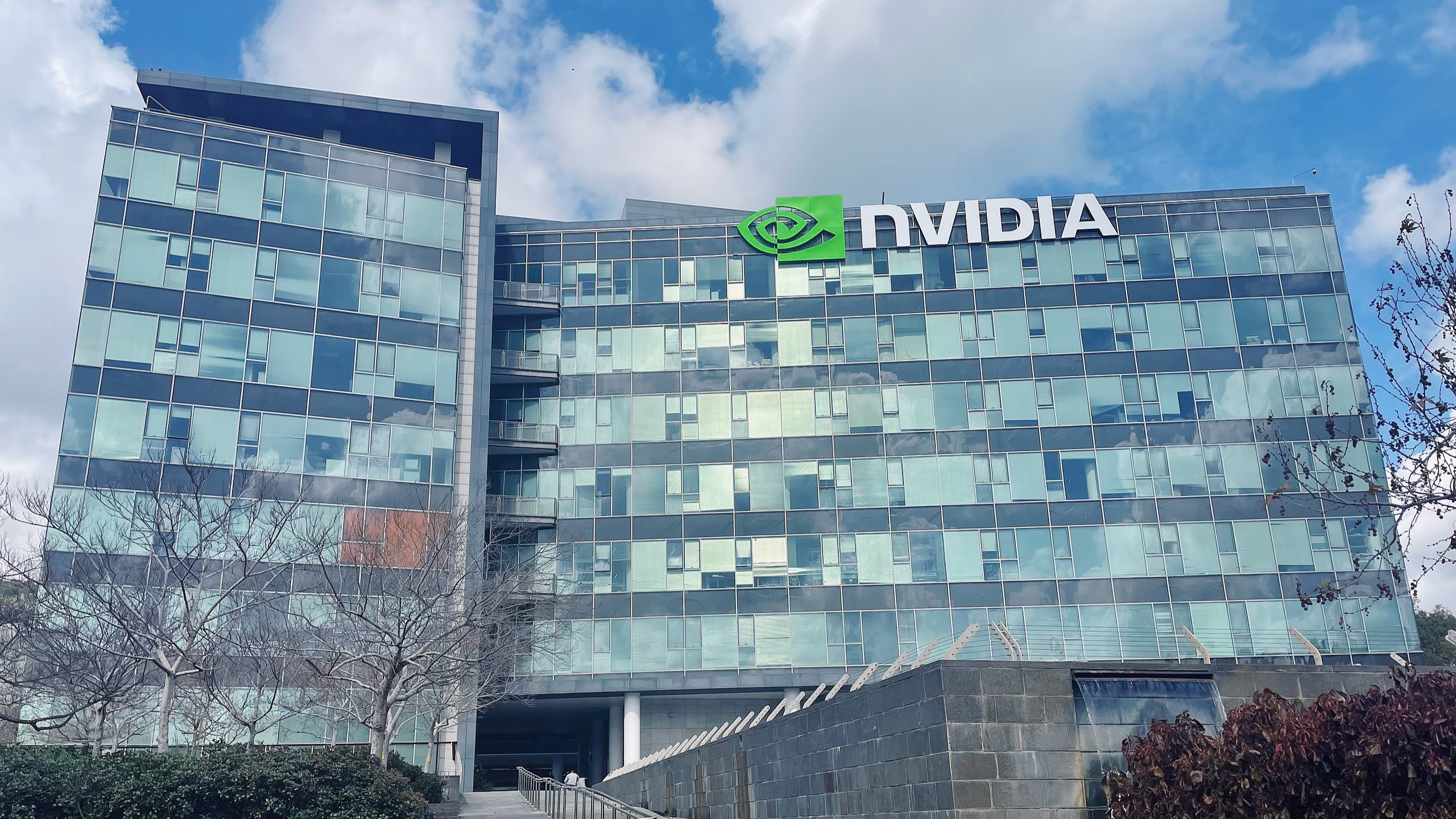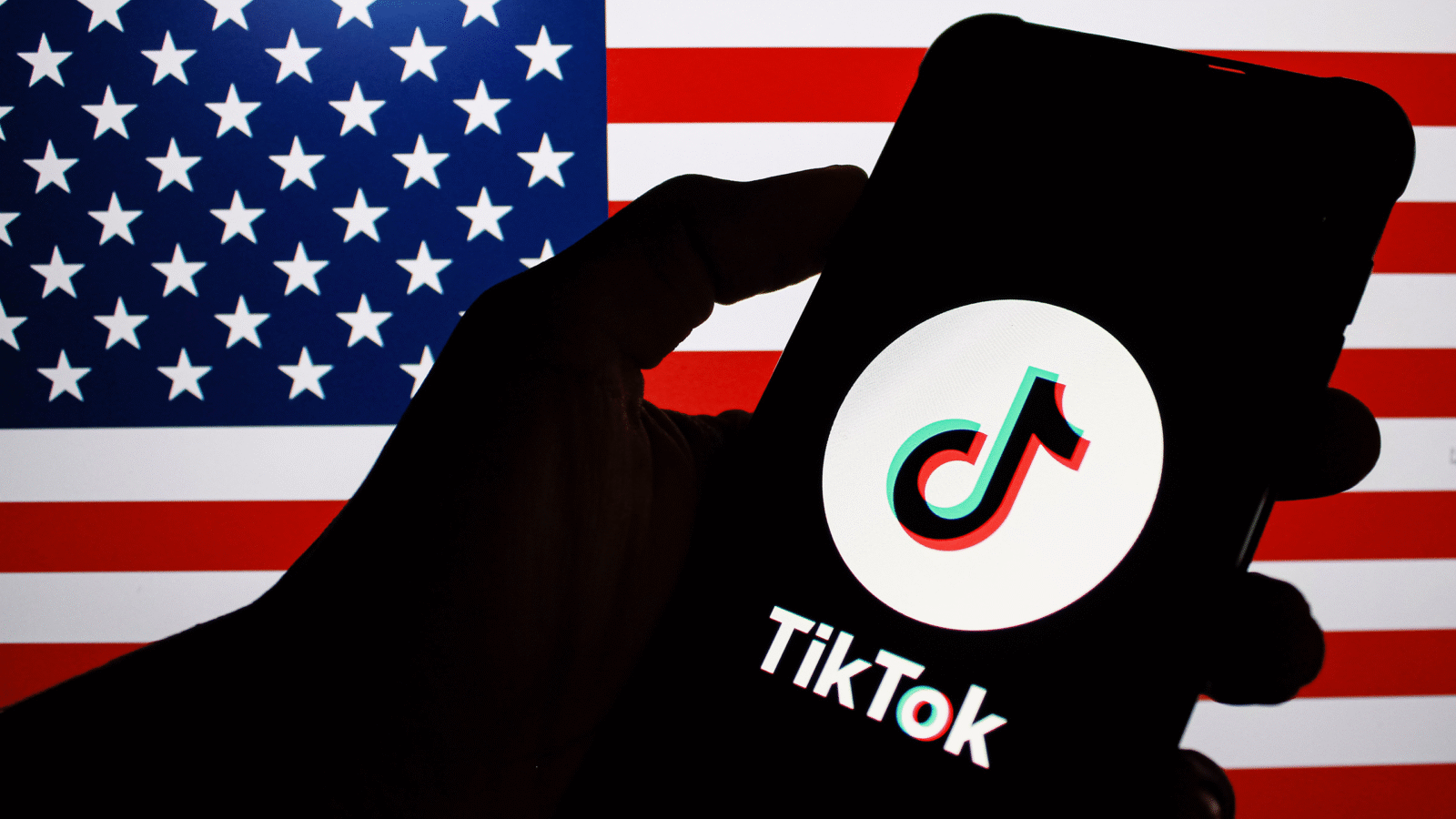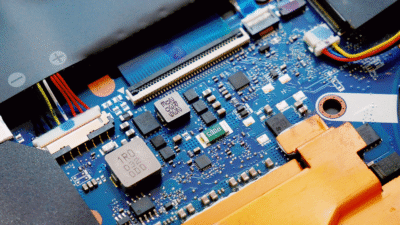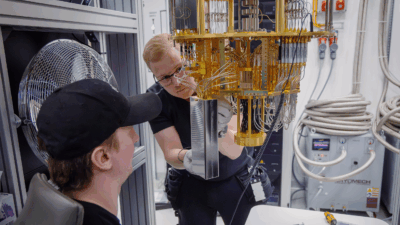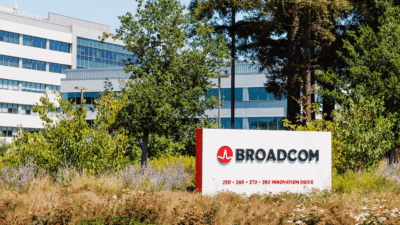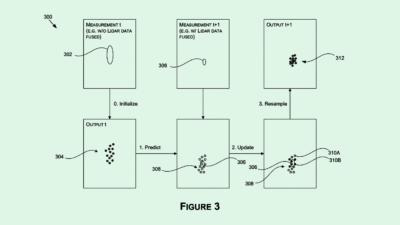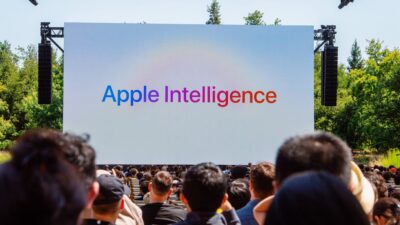Semiconductors Brace for Short-Term Pain
Semiconductor company Nvidia has managed to once again top Apple and become the world’s most valuable company.
Sign up for smart news, insights, and analysis on the biggest financial stories of the day.
Things could get slightly tricky for the biggest beneficiary of the AI boom next year, but that’s not to say the chips are down for Nvidia.
On Tuesday, as America headed to the polls, the semiconductor giant managed to once again top Apple and become the world’s most valuable company.
Freezing Out China
Still, President-elect Trump’s re-ascension to the White House is likely to come with a crackdown on China export controls, Keegan McBride, an adjunct senior fellow at the Center for a New American Security and a lecturer at the Oxford Internet Institute, told The Daily Upside. The Biden administration had already put export limitations in place, but Trump has signaled he will step up enforcement and possibly load some new tariffs on top, further ruffling up supply chains.
Nvidia’s last quarterly earnings report showed just over 12% of its revenue comes from China, so it’s sure to have an impact — but it’ll hit every other semiconductor company just as hard:
- In the same period last year, 20% of Nvidia’s revenue came from China, so it has begun to wean off the market there.
- Far more exposed is Qualcomm, which said in its most recent quarterly report that a lot of its revenue is “concentrated in China.” Intel also drew 27% of its 2023 revenue from China.
More of the Same: Exactly how rigorously export controls are enforced is really the only difference between the upcoming and the outgoing administrations, McBride said. “The only difference is Trump thinks we need to be tougher, and he’s going to be tougher,” said McBride, adding that government agencies including the Bureau of Industry and Security will take on new significance. US policy on AI was already to build out domestic supply chains and attain dominance globally, and that policy is likely to continue. “Tech policy is basically going to be: beat China, build up [the] US, make sure the world uses US stuff,” McBride said, adding that taking on China is one of the biggest (only?) areas of bipartisan agreement in US politics at the moment.
